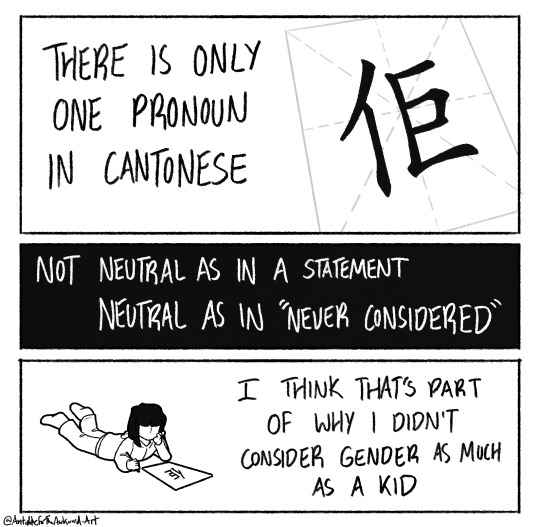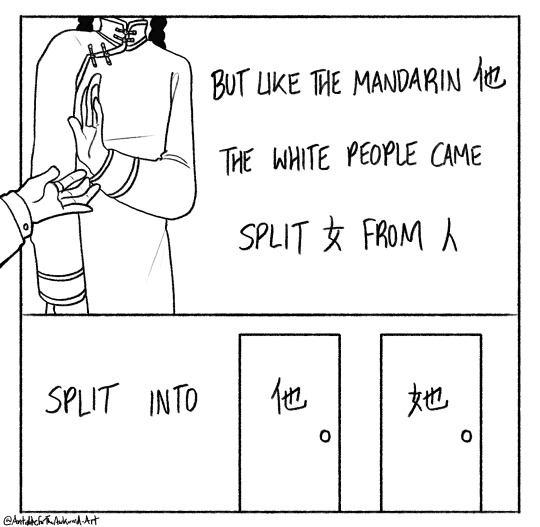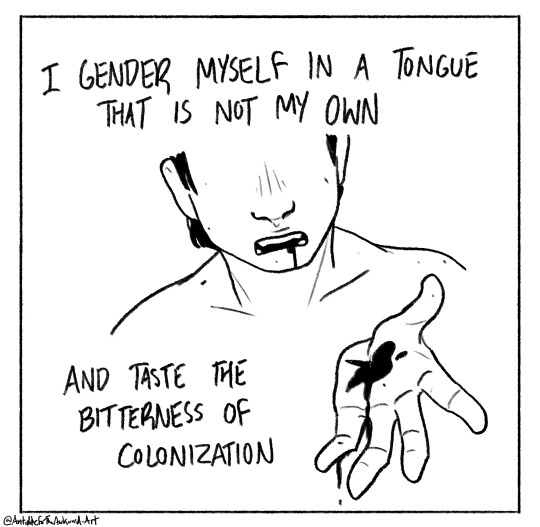Text
News Channels on Youtube
Here are some radio shows/news channels on Youtube broadcasted in various Asian languages.
Cantonese: RFA | VOA | Apple News | Ming Pao News
Mandarin: VOA | RFA | NTD Chinese | BBC
Taiwanese Hokkien: 台視台語新聞
Vietnamese: VOA | RFA | Người Việt TV | BBC
Tibetan: VOA | RFA
Khmer: VOA | RFA | Khmer News Daily Playlist
Burmese: RFA | VOA | BBC
Lao: RFA | VOA
Thai: VOA | Thai PBS News | Morning News | BBC
Uyghur: RFA | Istiqlal TV
Farsi: VOA | Euronews | BBC
Dari: VOA | 1TV Kabul
Pashto: VOA | 1TV Kabul
Urdu: VOA | BBC
Indonesian: BBC | Metro TV News
Malaysian: KiniTV Malaysian
Korean: KBS News | YTN News | JTBC News
Japanese: BBC News | ANN News | TomoNews Japan | FNN News
RFA Radio also has tons of radio broadcasts in Burmese, Khmer, Cantonese, Mandarin, Lao, North Korean (!!!), Tibetan, Uyghur and Vietnamese.
3K notes
·
View notes
Text
i am interviewed by rhino poetry
I am interviewed by Virginia Bell at Rhino Poetry. Here is an excerpt–you can read the rest of the exchange here.
Like this very body I possess, the act of writing is, to me, just a means of translation, a place to store the soul. What’s more is that I have to face the fact that the poem will never be what I intended it to be—I can only get very close (if I’m lucky). I have to accept the fact that the very material I work with will ultimately fail me.
Jack Gilbert perhaps said it most poignantly: “Love, we say,
God, we say, Rome and Michiko, we write, and the words
get it wrong.” They do, they get it wrong, and still we get up, we try to love each other, to resist our incredible ability to be cruel, and we try, we work and we mine language until it satisfies our need to make something meaningful. But the trying is what I fear. I pick up the pen and think: “could I be doing something better with these hands?” As I fix the flaws of the poem, the flaws of a man stack up around me, often times unnoticed. This scares me more than anything: the idea that I will end up using this precious time on earth making poems very few people will read, while there is still so much I can do with this body I am given.
But this, of course, is not to say that poetry does not change lives. It does. I know this. I posses one of those lives. In fact, there are many writers whose work hold that special capability. The problem, I think, is a lack of readership. I empathize with Whitman’s desire to make his Leaves of Grass a household book, a poetic bible of sorts. And I think it’s okay to not be completely satisfied until we achieve that feat, regardless if it’s with our own work or someone else’s.
4 notes
·
View notes
Quote
It’s the self and that the making of the art is a way toward that total presence that one is trying to achieve. You can’t just go through the world and just try to be. I think art is a viable path toward total presence.
Li-Young Lee (via oceanvuong)
22 notes
·
View notes
Quote
What is necessary, after all, is only this: solitude, vast inner solitude. To walk inside yourself and meet no one for hours - that is what you must be able to attain.
Rainer Maria Rilke, Letters to a Young Poet
via liquidnight (via frenchtwist)
5K notes
·
View notes
Quote
Our culture made a virtue of living only as extroverts. We discouraged the inner journey, the quest for a center. So we lost our center and have to find it again.
Anaïs Nin (via larmoyante)
6K notes
·
View notes
Note
What books (on poetry) and authors, would you highly recommend for anyone who just wants to read powerful and simply poetry? Which authors have had a large impact on your style, which poems in particular do you find inspiration in? I need more good writers to read, beside you of course. (I find your form very attractive, in a very simple and short way).
I’m not exactly sure what you mean by “powerful and simply” but a quick glance at my bookshelf reveals some poets I turn to again and again like F.G. Lorca, Emily Dickinson, Yusef Komunyakaa, Ben Lerner, Peter Gizzi, Jack GIlbert, Patricia Smith, Saeed Jones, Natalie Diaz, Traci Brimhall, CA Conrad, Ross Gay, Jen Bervin and Mary Ruefle. Hope this helps!
8 notes
·
View notes
Quote
“Art and love are the same thing: It’s the process of seeing yourself in things that are not you.”
Chuck Klosterman (via ccoastal)
50K notes
·
View notes
Text
me, looking at the current state of the world, crying:I wish none of this had happened…
Gandalf, materialising in my conscience, smiling kindly: So do all who live to see such times, but that is not for them to decide. All we have to decide is what to do with the time that is given to us. There are other forces at work in this world, besides the will of evil.
200K notes
·
View notes
Photo
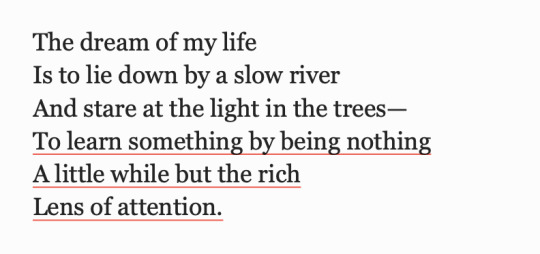
Mary Oliver, from “Entering The Kingdom”, Devotions
720 notes
·
View notes
Quote
When I speak of poetry I am not thinking of it as a genre. Poetry is an awareness of the world, a particular way of relating to reality.
Andrei Tarkovski, from “Sculpting in Time” (via ojo-rojo)
250 notes
·
View notes
Text
Pro Tips from a NaNo Coach: Break Your Goal Down into Bite-Sized Pieces
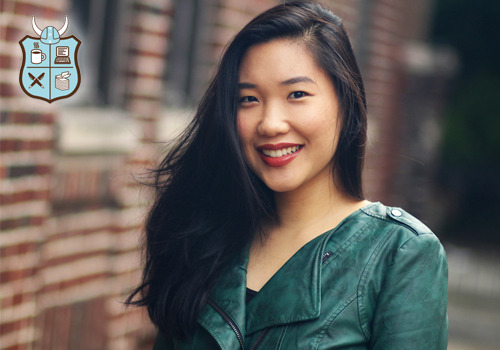
NaNoWriMo can seem like a daunting task sometimes, for NaNo newbies and veterans alike. Fortunately, author Emily X.R. Pan is here to share her advice on how to overcome some of NaNo’s obstacles:
There are a few things about NaNoWriMo that are true for me every single year:
It completely reinvigorates my writing practice.
It challenges me.
It’s absolutely daunting.
The first point: I always refer to my writing as a practice. It works your brain just like a muscle training to lift more weight, or to play a piece on the piano. The more we practice, the stronger our writing muscle. NaNoWriMo is like a month-long boot camp.
Number two: No matter how many years I’ve spent writing book-length projects, it never gets easier. It’s my primary job now, and it’s still a struggle. Just like a marathon challenges a runner in good shape, NaNoWriMo challenges even those who write all the time.
Finally: We’re all doing this for the same reason. We want to finish a draft of a novel. Whether it’s your first book or your twentieth, there’s always the nagging question: Can I do it? The answer is: Yes, absolutely. Believing it is half the battle.
I guess I’m following the rule of threes in this blog post. So here are my three favorite tips from my years of NaNoWriMo-ing:
Keep reading
435 notes
·
View notes
Video
youtube
This past summer, i took a course on the Geopolitics of Food. Raj Patel’s book Stuffed and Starved was one of the particular course reading material assigned. Needless to say I was quite amazed, the man is somewhat a prophet and here is his new book. If you’re interested in health issues, politics, social justice, and the movement of the world, you might just like to give this a read.
www.rajpatel.org
1 note
·
View note
Link
“There’s this real practical burden of what’s next for me. I have a family, and I need to make a living. I also care deeply about cinema. I want to make what I’d want to see—what I’d want to exist in this world. I’m still trying to figure this out. Getting a chance to make a feature film has been humbling. It’s one thing to theorize about and critique cinema from a distance; it’s another to engage the nuts and bolts of filmmaking from financing to distribution. But to be clear, it’s not my desire to make work that’s inaccessible. I hope that it doesn’t have to be one or the other. The thing I like about Ozu is that he is, to me, really accessible. Whereas someone like Godard, especially late Godard, requires a lot of prior knowledge—of politics, of philosophy, of cinema—which can be incredibly stimulating but also exclusive. With Ozu, the only thing that might be required is our patience. And that’s just really about being able to find and accept his rhythm.“
“They were both obsessed in their own ways. But whereas Hitchcock wanted to make cake, something that would shock us outside of the mundanity of life, Ozu wanted to make tofu—the opposite of cake, something bland. I’d love to make that film. I’d call it Cake and Tofu.“
Kogonada
29 notes
·
View notes
Text
"...What he's offering is a critique of a critique, but in its place he identifies a different kind of crisis -- not the crisis of attention but the crisis of interest. See, to talk about attention is it's own kind of distraction. Kids pay attention to things that interest them. The real question is, what interests them, or us. Are we losing interest in things that matter? Words on a page for instance. But yeah, maybe that's not so important. What about everyday life? Are we losing interest in everyday life?" -- Columbus
-- Columbus (2017)
33 notes
·
View notes
Text
My favorite quotes from John Cho's interview on NPR (8/4/17)
“My feeling ultimately is that there are more Asian faces, I’m just not sure there are enough Asian faces in roles that matter, that drive narratives. But I’m sure it’s changing.”
“One of the things I liked about the script was that it’s very confident in its identity. What I mean by that is that race and ethnicity- are such a - we obsess about it in America so much. And everything is either playing to a type or playing against a type. And it’s really just two sides of the same coin. You’re still ensnared by the trap of race. And as a story, race exists very naturally- it’s simply a component of a person’s identity and it doesn’t drive the narrative, but neither is it ignored.”
“For a while I was feeling like I was always playing characters that weren’t specifically Korean, or specifically Asian even. That they were characters who were originally written white and they would cast me. I used to consider that a badge of honor because that meant I avoided stereotypes. And then on the other hand, as I got older I started to become resentful that they weren’t written Asian. Their family history doesn’t quite match up. It exists in this cinema fiction that their name is “Smith” but they have an Asian face. And their character history doesn’t seem authentic. I was having a problem feeling like this doesn’t feel real. That’s where my impulse comes from exploring Korean American characters. Columbus did address that. The father/son dynamic feels very real to me.“
”[My father] was born in what is now North Korea. Of course, it wasn’t North Korea at the time. It was just Korea. As a boy, walked south when the war broke out. Whenever I meet a Korean I ask about their imigration history. It fascinates me to know all those red lines go back to the same place and it’s almost like a glass shattered and the shards went all over the place, and that’s intellectually interesting to me.“
"I had a couple of points in my career where it was tough to find the joy in acting. Once it becomes a job and you get checks and you have a mortgage and kids, you have to work at being delighted to work. And Columbus was just a real revitalizing project for me.”
- John Cho on Acting and Columbus (http://www.npr.org/2017/08/04/541538785/john-cho-on-acting-and-columbus)
233 notes
·
View notes
